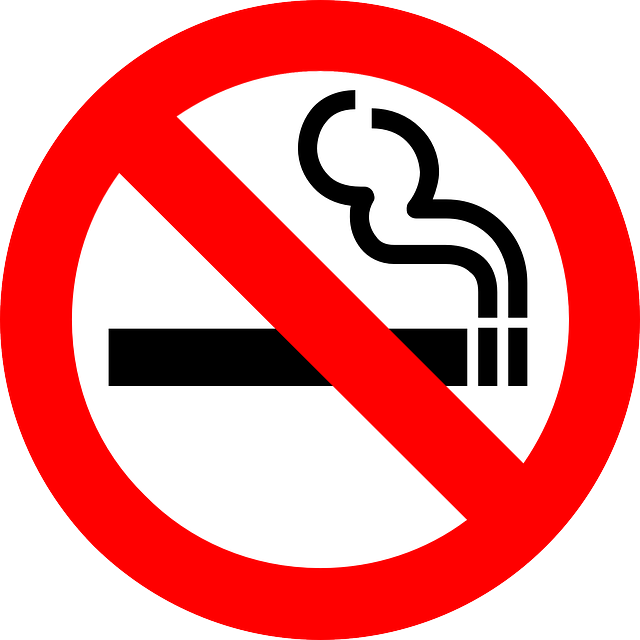St. Petersburg College, which has more than 64,000 enrolled students, became a tobacco-free institution on Aug. 1 The student-driven initiative gained the support of administrators, faculty and student government. The Florida Department of Health in Pinellas County’s (DOH-Pinellas) Tobacco Prevention Program provided technical assistance.

“We support tobacco-free policies in schools and businesses,” said Dr. Ulyee Choe, DOHPinellas’ director. “It’s refreshing to see the push coming from the students themselves.”
Students formed a committee after many complaints about secondhand smoke and litter, then collected data to better understand tobacco use at colleges and universities. A task force of students, faculty and staff was created and it surveyed the campus. Of the 1,500 students surveyed, 62 percent supported a tobacco-free policy.
The initiative was presented and approved by the Student Government Association collegewide, the Council of Campus Provosts and the Executive Leadership Committee. The Board of Trustees unanimously passed the policy March 16. “We are so pleased with these efforts, as the health and wellness of our faculty, staff and students is of great importance at St. Petersburg College,” says Provost Jamelle Conner. “Our students raised a concern and put in significant work and professionally presented their findings.”
The comprehensive policy includes all forms of tobacco, including smokeless tobacco and electronic cigarettes and applies to all students, faculty, staff, contractors, college partners and visitors. Prohibited areas for all campuses and college properties include all property within the boundaries of the public sidewalks, including parking lots.
All students, faculty and staff have been notified of the change and more reminders will be sent as the fall semester begins. The college is reaching out to offer smoking cessationresources to all of its faculty, staff and students that will be available online, in person or by phone.
In Florida, 18-to-24 year-olds have the highest prevalence of cigarette smoking compared to all other age groups. Many college students believe their current tobacco use is harmless, that they are not addicted and that they’ll quit smoking when they graduate, but studies show otherwise. Research demonstrates that young adults who smoke find that it leads to a lifetime of addiction, resulting in tobacco-related disease and premature death. The earlier smokers quit, the more they can reverse the health damage caused by smoking.
“Our goal is to help college students quit tobacco use and protect others from second-hand smoke,” said Patrick Chan of the St. Petersburg College Student Government Association. “Our survey clearly showed students want a tobacco-free learning environment and I hope other institutions will take a similar progressive approach.”





